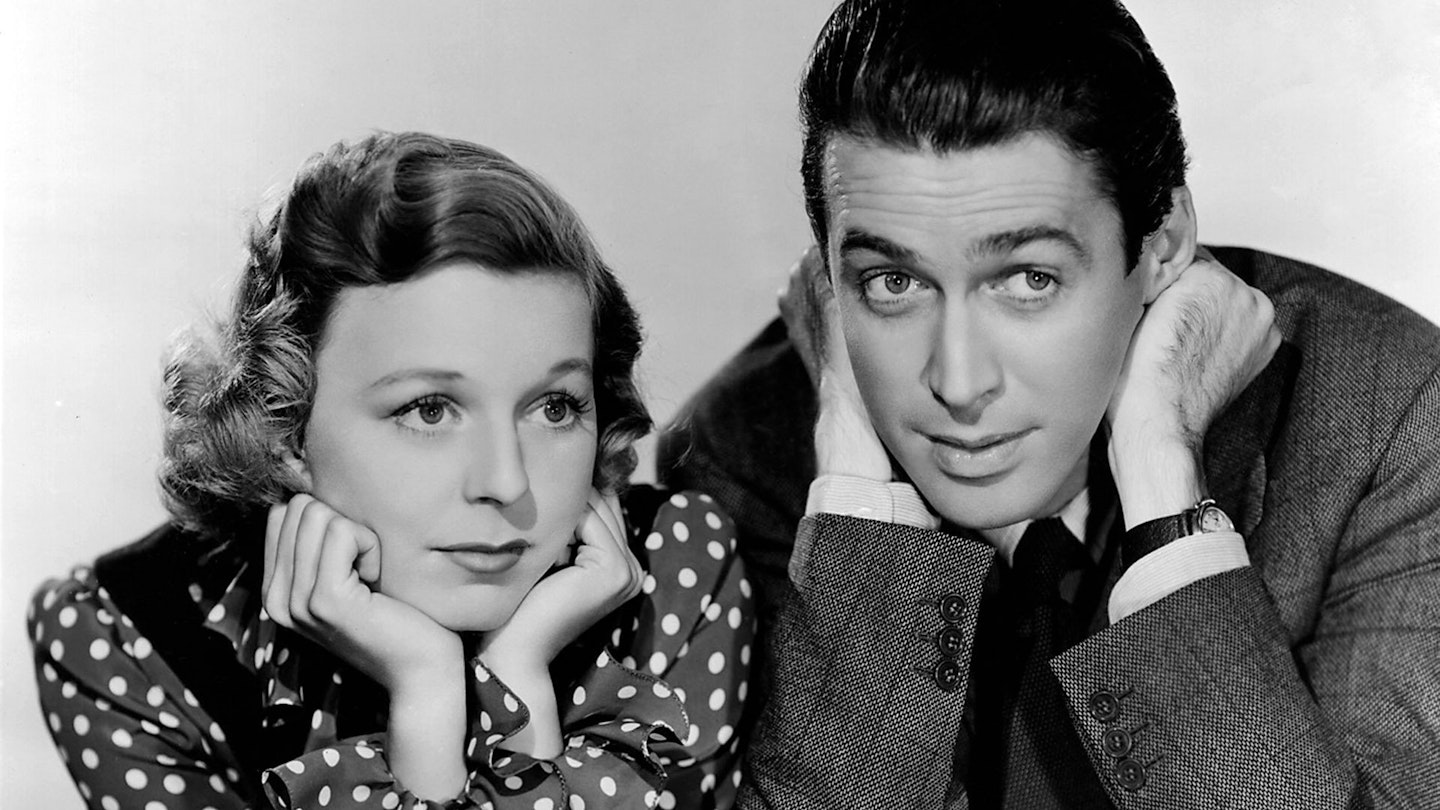Fresh from completing Ninotchka, Ernst Lubitsch embarked on his second assignment for MGM, which was based on Nikolaus Laszlo's stage play, Parfumerie, to which he had owned the rights before selling them to Louis B. Mayer for $62,500.
Although he always claimed that Matuschek & Company was inspired by a shop that he fondly recalled in Budapest, there's little doubt that Lubitsch had his father Simon's Berlin outfitters in mind. Such personal inspiration was reinforced by exhaustive research to ensure that Matuschek's sold exactly what was then for sale back home. Even the $1.98 dress that Margaret Sullavan unearthed for her character had to be altered and bleached in the sun to conform to Lubitsch's precise vision of both the emporium and its employees. But such meticulous preparation enabled him to complete the shoot in just 27 days at a cost of $474,000.
With Europe already at war, this was an unashamedly nostalgic film about maintaining the status quo. The clerks tolerated the indecision and impoliteness of the customers for fear of alienating Mr Matuschek, who himself dreaded the discovery of his wife's long-suspected infidelity, lest it damage his reputation and authority. Even Alfred and Klara resist the temptation to meet their epistolary sweetheart, in case their romantic illusion was shattered by cruel reality.
However, life at its most melodramatic does intrude upon the idyll, with Matuschek firing Kralik in the mistaken belief that he is his wife's lover (when it is, in fact, the arrant Ferenc Vadas - who is played to ingratiating perfection by Joseph Schildkraut) and then attempting suicide. But such extremes enabled Lubitsch to establish a new idealised harmony, in which Kralik is promoted to manager and, thus, gains the confidence to declare his feelings for Klara.
But while the storyline was undoubtedly sweet, it was the sense of community — complete with its petty rivalries and sycophancies — and the need to remain employed at a time of economic uncertainty that made the film infinitely more charming than its descendants, In the Good Old Summertime and You've Got Mail.
